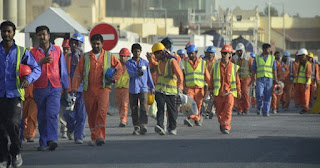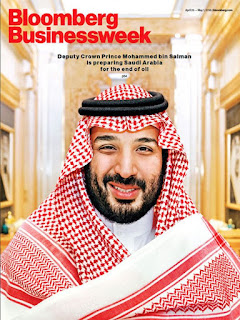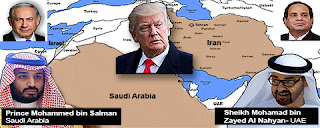Gulf crisis stalemate fuels fears in Muslim Asia

By James M. Dorsey Vulnerable Asian states are bracing for possible pressure to back a Saudi-UAE boycott of Qatar as efforts to mediate an end to the almost month-old Gulf crisis seemingly stall and Saudi Arabia and the UAE struggle to rally credible Muslim and international support for their campaign against the recalcitrant Gulf state. Countries like Bangladesh and Pakistan, two of the most populous Muslim states, as well as India, home to the world’s fourth largest Muslim population, fear that Saudi Arabia could threaten to expel millions of migrant workers and expatriates in a bid to force them to join the boycott of Qatar. Saudi Arabia has a history of using as leverage migrant workers, whose remittances constitute the backbone of foreign currency liquidity of many supplier countries and whose Gulf jobs reduce pressure on domestic labour markets. In the most dramatic instance, Saudi Arabia expelled some 700,000 Yemenis in 1990 in retaliation for Yemen’s refus


